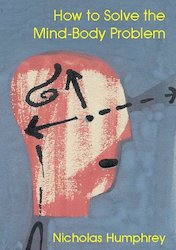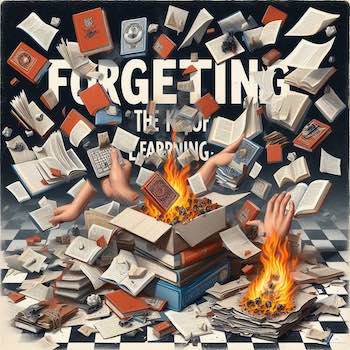How to Really Solve the Mind-Body Problem (6)
Abstract: Artificial neural networks construct a hierarchy of information. That digital circuits can experience their own complexity seems beyond the reach of our current paradigms. However, I show that above all they are programmed to avoid such autonomy and that the depth of information reached is minuscule compared to the brain. The example of the … Read more










